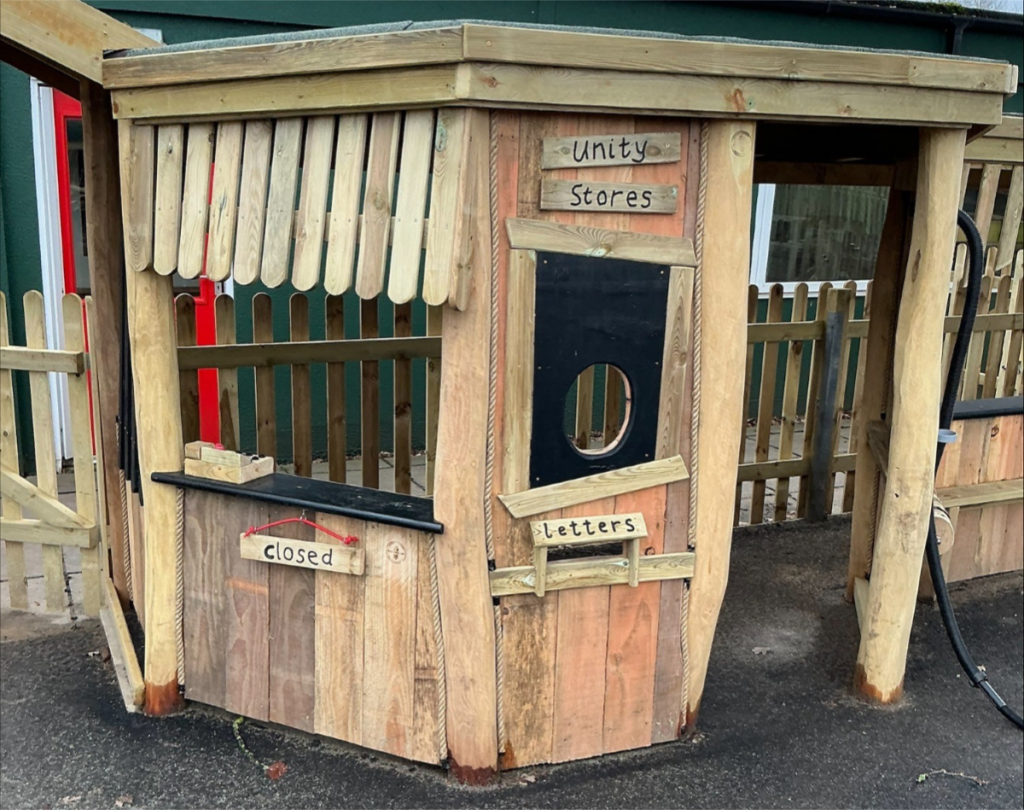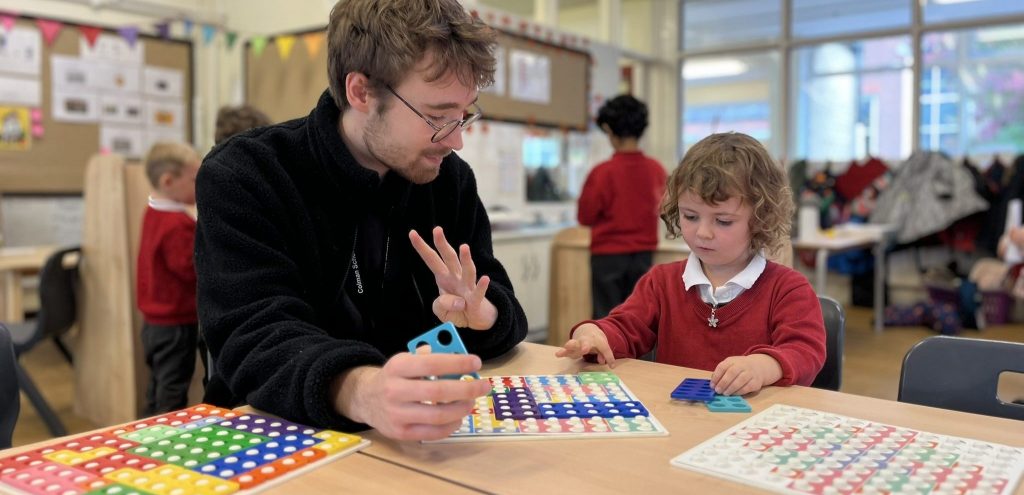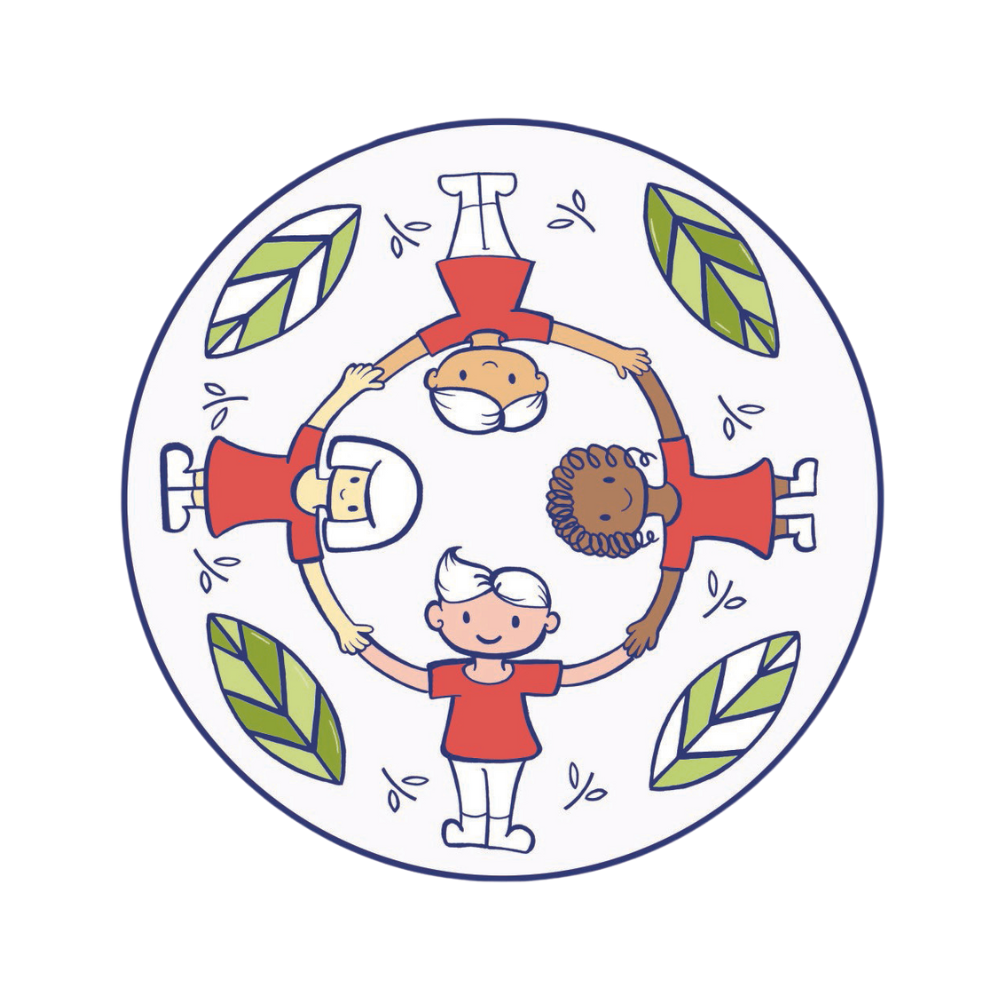The EYFS Curriculum
We greatly value the importance of the Early Years Foundation Stage (EYFS) in providing a secure foundation for future learning and development. We know that excellence in our Early Years learning gives our children confidence, independence and curiosity in the learning behaviours. It also provides our children with a strong foundational knowledge for their learning in key stage one and beyond.



EYFS Learning & Development
There are seven areas of learning and development that must shape education programmes in EYFS settings. These are split into two important and interconnected sections – prime and specific:

Prime Areas of Learning & Development
Aspect
- Building Relationships
- Managing Self
- Self-Regulation
By creating a positive approach to learning and finding out about the world around them children are able to develop confidence in themselves and their ability to do things. It is important that they value their own achievements. In a safe and fun environment children will develop an awareness of others and learn to play with their peers. In turn children will make friendships and form good relationships with the adults they are working with.
Aspect
- Listening, Attention and understanding
- Speaking
Our main aim in this area is to develop the children’s communication skills: through the use of signs, symbols, communication aids and vocalisations. All work is based around the children’s experiences and this allows them to develop their knowledge and understanding as well as developing confidence to talk about their own experience. We work on improving children’s concentration and listening skills.
Aspect
- Gross Motor Skills
- Fine Motor Skills
Your child will have the opportunity to develop all the important early physical skills that will enable them to become more independent. Through exploration, play, and all things fun children will improve their skills of coordination, control, and movement. They will be supported to use all their senses to connect to their environment. We will also work on personal skills such as dressing and personal hygiene (where appropriate) enabling further independence.
Specific Areas of Learning & Development
Aspect
- Comprehension
- Word Reading
- Writing
Reading is an important aspect of your child’s life, through our teaching of Read, Write, Inc. and our encouragement of books children are able to develop their vocabulary and language. Children will also learn the letter sounds in order to decode words and blend them, these are the two main skills required in learning to read. Children are also encouraged to mark make as much as they can, this means that they will develop the fine motor skills necessary to write.
Aspect
- Numbers
- Numerical Patterns
During our Mathematics lesson your child will develop their mathematical ideas to help them problem solve and make decisions. The children also develop an awareness of numbers and counting through songs and games. We develop an awareness of shape and space through a variety of activities.
Aspect
- People, Culture and Communities
- The Natural World
- Past and Present
We will help children to become more aware of themselves and their families, their environment and their culture. We take trips out to the local area as well as further afield. We explore and investigate a wide range of materials and textures and how to use tools, as well as looking at different objects and toys and how they work. They learn to choose – and use – the right tool for a task. They will also gain an understanding of technology including computers, how to use them and what they can help us to do.
Aspect
- Creating with Materials
- Being Imaginative and Expressive
We will help children to become more aware of themselves and their families, their environment and their culture. We take trips out to the local area as well as further afield. We explore and investigate a wide range of materials and textures and how to use tools, as well as looking at different objects and toys and how they work. They learn to choose – and use – the right tool for a task. They will also gain an understanding of technology including computers, how to use them and what they can help us to do.
In organising and implementing educational programmes, the school will ensure that a broad range of activities and experiences are planned, having regard to three characteristics of effective teaching and learning in the EYFS:
- Playing and exploring – children investigate and experience things, use what they know in their play and are willing to try new things.
- Active learning – children concentrate, keep on trying if they encounter difficulties and enjoy their achievements.
- Creating and thinking critically – children have and develop their own ideas, make links between ideas and use what they already know to learn new things, and develop strategies for doing things.


